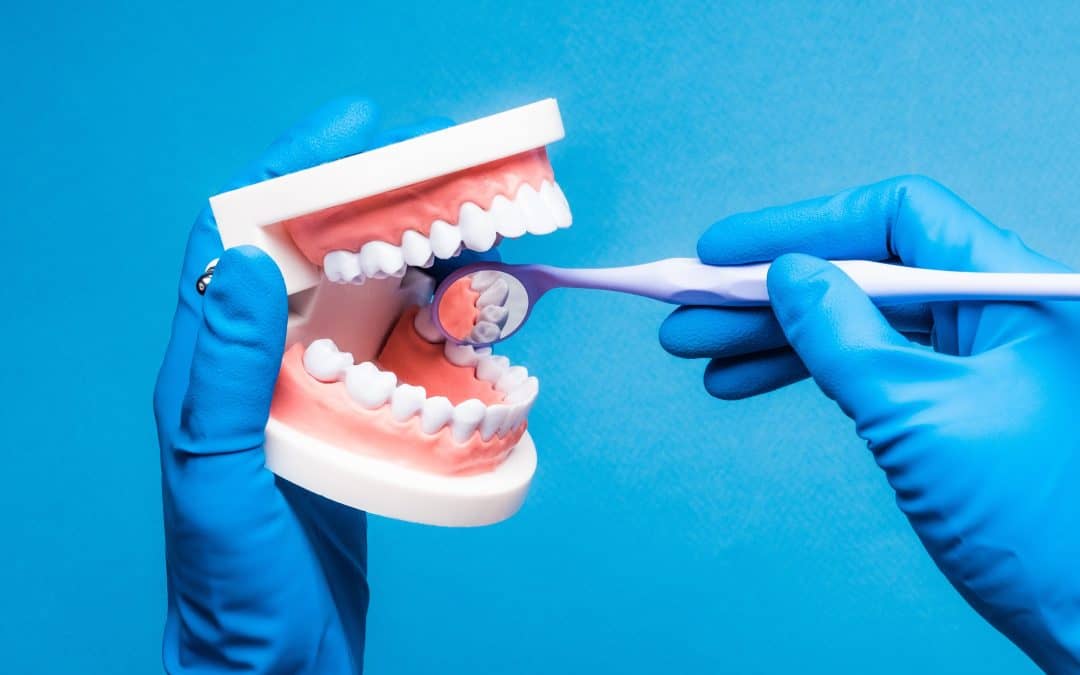Gum disease, often underestimated and overlooked, can have serious consequences for your oral health and overall well-being. In this comprehensive guide, we will delve into the world of gum disease, shedding light on its causes, prevention strategies, and effective treatments. By the end of this article, you will have the knowledge needed to protect your gums and maintain a healthy smile.
What Is Gum Disease?
Before we delve into prevention and treatment, it’s essential to understand what gum disease is. Gum disease, also known as periodontal disease, is an inflammatory condition that affects the tissues surrounding and supporting your teeth. It typically starts with gingivitis, a mild form of gum disease, and can progress to more severe stages if left untreated.
The Stages of Gum Disease
- Gingivitis:
Gingivitis is the initial stage of gum disease and is often characterized by red, swollen, and bleeding gums. It is usually caused by the accumulation of plaque, a sticky film of bacteria, on your teeth and gums.
- Periodontitis:
If gingivitis is not addressed, it can progress to periodontitis. During this stage, the supporting bone and fibers that hold your teeth in place begin to break down. This can lead to pockets forming between your teeth and gums, which can trap bacteria and worsen the condition.
- Advanced Periodontitis:
In the advanced stage of gum disease, the damage is severe, and teeth can become loose or even fall out. The infection can also affect your overall health, with potential links to systemic conditions such as heart disease and diabetes.
Causes of Gum Disease
Understanding the root causes of gum disease is essential in preventing its onset. The primary culprits include:
- Poor Oral Hygiene: Inadequate brushing and flossing allow plaque to accumulate, leading to gum inflammation.
- Tobacco Use: Smoking or chewing tobacco increases the risk of gum disease.
- Genetics: Some individuals may be genetically predisposed to gum disease.
- Medical Conditions: Conditions like diabetes and HIV can increase the risk.
- Hormonal Changes: Hormonal fluctuations, such as during pregnancy or menopause, can make gums more susceptible.
- Certain Medications: Some medications can affect oral health.
Prevention Strategies
Preventing gum disease starts with establishing a robust oral hygiene routine and making healthy lifestyle choices:
- Brush and Floss Regularly:
Brush your teeth at least twice a day and floss daily to remove plaque and prevent its buildup.
- Use Antiseptic Mouthwash:
Rinse with an antiseptic mouthwash to help reduce bacteria in your mouth.
- Healthy Diet:
Consume a balanced diet rich in fruits and vegetables. Avoid sugary snacks and beverages.
- Quit Smoking:
If you smoke, quitting is one of the best things you can do for your oral health.
- Regular Dental Checkups:
Visit your dentist for regular checkups and professional cleanings.
Signs and Symptoms
Recognizing the signs of gum disease early can help in prompt treatment. Look out for:
- Gums that bleed when you brush or floss.
- Red, swollen, or tender gums.
- Persistent bad breath.
- Receding gums or teeth that appear longer.
- Changes in the way your teeth fit together.
Treatment Options
Treatment for gum disease varies depending on its severity. Options include:
- Scaling and Root Planing:
This deep cleaning procedure removes tartar and bacteria from below the gumline.
- Antibiotics:
Antibiotics may be prescribed to reduce infection and inflammation.
- Surgical Procedures:
In advanced cases, surgical intervention may be necessary to repair damaged tissues and reattach gums.
- Lifestyle Changes:
Improving oral hygiene and making healthier lifestyle choices can be effective in managing gum disease.
The Link Between Gum Health and Overall Health
Recent research suggests that there is a strong connection between gum health and overall well-being. Gum disease has been associated with various systemic conditions, including heart disease, diabetes, and respiratory infections. This highlights the importance of maintaining healthy gums as part of a holistic approach to your health.
Conclusion
Gum disease is a common oral health issue that can have far-reaching consequences if left untreated. By understanding its stages, causes, prevention strategies, and treatment options, you can take proactive steps to protect your gums and maintain a healthy smile. Regular dental checkups and a commitment to good oral hygiene are your best allies in the fight against gum disease. Remember, a healthy mouth contributes to a healthier you.
